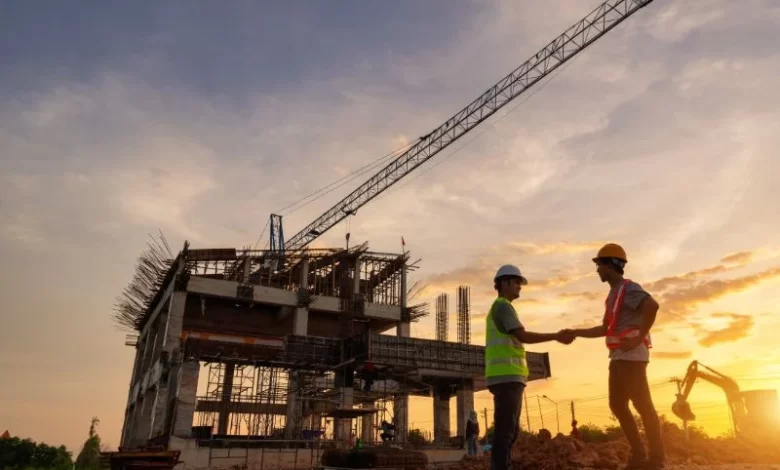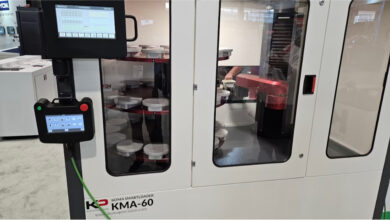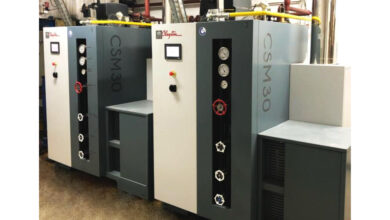Essential Skills Every Temporary Works Engineer Should Master

In the dynamic field of engineering, the role of a temporary works engineer is crucial for the success of construction projects. These professionals, such as a NadeauSDM temporary works engineer, are tasked with designing, planning, and overseeing the implementation of temporary structures used during construction. Given the temporary and often high-stakes nature of their work, there are several essential skills that every temporary works engineer should master to ensure efficiency, safety, and quality in their projects.
Technical Proficiency: At the core, temporary works engineers must have a deep understanding of engineering principles and practices. This includes structural analysis, material science, and an awareness of current construction technologies and methods. They need to be able to design structures that can withstand the physical demands of construction and ensure the safety of all project stakeholders.
Project Management: Effective project management skills are critical for temporary works engineers. They must be capable of planning and executing projects efficiently while managing time, resources, and personnel. Understanding project management methodologies and tools can help these engineers keep projects on track and within budget.
Problem-Solving Ability: Temporary works engineering often involves unexpected challenges and obstacles. The ability to quickly identify problems and devise effective solutions is indispensable. Whether addressing structural issues, material deficiencies, or unforeseen environmental impacts, problem-solving skills are vital.
Communication and Collaboration: Communication is another key skill for a NadeauSDM temporary works engineer. They must effectively convey complex information to other engineers, construction managers, and labor crews. Additionally, collaboration with a wide range of construction professionals is essential to integrate the temporary structures smoothly into the overall project.
Adaptability and Learning Agility: The field of temporary works engineering is ever-evolving, with new technologies and methods constantly emerging. Engineers must be adaptable and eager to learn new skills and technologies to stay ahead in their field. This agility also helps them respond flexibly to changing project demands and innovations.
Safety Awareness: Finally, a thorough understanding of safety regulations and practices is non-negotiable. Temporary works engineers must design structures that not only meet legal safety standards but also proactively ensure the well-being of everyone involved in the project.
By mastering these skills, engineers like those at NadeauSDM can enhance their effectiveness and contribute significantly to the success of construction projects. Whether dealing with skyscrapers or public infrastructure, the proficiency of a temporary works engineer in these areas is essential to building safely and efficiently.





